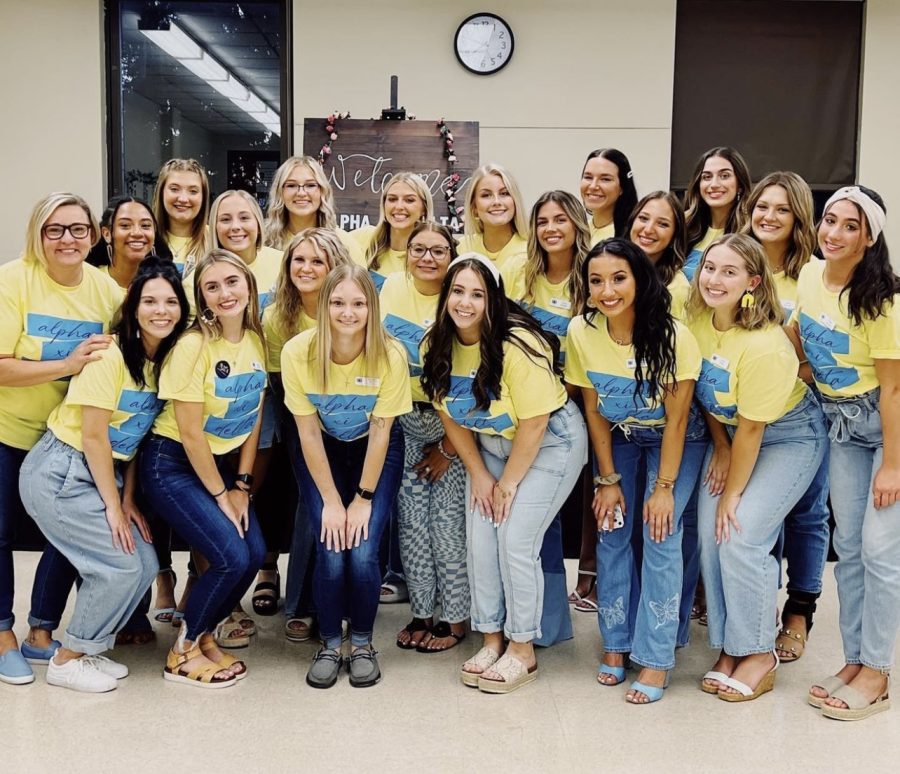By Gabrielle Blanchard. Assistant Editor
“Our lives begin to end the day we become silent about things that matter.”
Dr. Martin Luther King Jr. is known for being one of the greatest orators in history, able to inspire passion and a call to action with his words and delivery.
Some quotes are naturally more known than others, but King did much more than ‘have a dream’ and push for non-violent protest. He also believed that people who didn’t speak up and out were siding with their oppressors, that silence was one of the worst responses a person could have, and that the (in)actions and words of our friends have more of an impact than that of a person’s enemies.
King is heralded as one of the most important figures in modern civil rights history. It was only 51 years ago that King was assassinated for his beliefs, having established himself as a threat to the status quo of the time. The fight for equality that he and countless others fought for at the time rocked the nation to its very core in a period of rapid change that not everyone was willing to accept at the time.
King was viewed as a radical by all sides. His marches were met with much derision and opposition. Today, we hold his marches, sit-ins, and rallies as the epitome of peaceful, non-violent protests, that we should match in passion and direction. At the time, however, King was a radical thinker and actor who many believed was doing more harm than good. While history looks fondly on his actions, many of those who lived at the same time as him wanted him to be stopped and for things to stay as they were. People were scared of change, scared of the effects of fighting back, and worried for what it meant for them.
The 1960s were a time of rapid change and some turmoil. With the Civil Rights Movement and Vietnam War overlapping, there was an air of “fighting back” against wrongs and taking control of a new narrative. People were fighting for change and the ability to fight back and those who did so were seen as un-American, dangerous, and harmful.
King and his followers, as well as other civil rights leaders, were often viewed in this light, but continued to fight on. Their work was inspirational to man and dangerous to others. He was attacked both verbally and physically, jailed, and, ultimately, assassinated for his actions. It was more than a senseless murder; King was killed for doing what he believed was right and for simply fighting to be treated as an equal.
King didn’t stop. He believed in a world that could, and should, be better than it was doing. He believed that people were capable of doing more than being complacent in the mistreatment and oppression of others. While he may be known best for having a dream, he also believed that, “The ultimate measure of a man is not where he stands in moments of comfort and convenience, but where he stands at times of challenge and controversy.”
The wants of King and others were simple: no more segregation, no more Jim Crow, and the simple idea that minorities should be treated equally and as fairly as whites. This is, unfortunately, a battle we are still fighting today, with groundwork set by those who came before us in a fight that wasn’t as long ago as it would seem. Ruby Bridges, the first African-American child to attend a white school in the south, is still alive today and is only in her 60s. Modern-day civil rights are still essentially in their infancy. Slavery ended in 1865 and the height of the Civil Rights Movement came around 100 years later. We are mere generations removed from the work and dreams of Dr. King. These are the generations of the parents and grandparents of most millennials. The generations who lived through this movement are still very much alive.
Over half a century later, his words and beliefs still ring true and are important.
We can no longer be complacent in our words and actions. SIlence can more often than not be seen as consent and encouragement to others. His dream is legendary and something we can’t lose sight of achieving, but we also cannot afford to lose sight of the work required to achieve this dream.
Honoring his work and legacy requires more than one day out of the year. Having a day set aside simply to do this is a beginning that is necessary, but the work should not end there. Continuing his fight is something that will only end once his dream is seen through entirely, but until then, we mustn’t forget the work that goes into achieving it.
Photo Credit: Howard Sochurek






